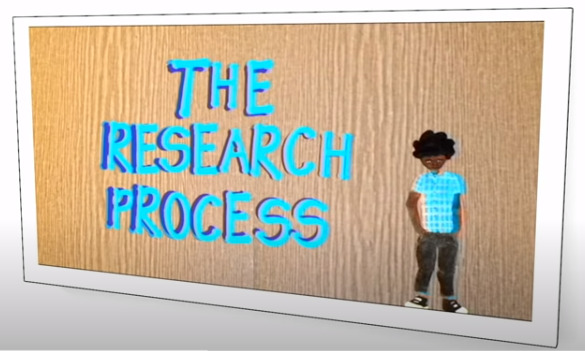Skip to main content
Research in theory and teaching
Science is a set of already verified and stored knowledge (fact and generalization). It is also a way of thinking and looking at reality. Science is also a logical, systematic, objective method of collecting, classifying, defining, measuring, describing, generalizing, explaining, and evaluating experiential facts. (according to: https://hr.wikipedia.org/wiki/Znanost)
Scientific research is a process of acquiring knowledge that requires practice, active work. It is an intellectual craft that must constantly evolve through creative and critical thinking and constant confrontation with reality. Research takes place on the borders of ignorance and progresses by questioning everything. Asking questions, i.e. curiosity, is probably the most important part of scientific creativity. It leads to questioning “if… then” (what it would be if it were) and then further to observation or experimentation.
Research is, therefore, a process of critical and creative thinking motivated by curiosity whose product is verified and therefore applicable knowledge. The selection of excellence in scientific research is done by the scientists themselves.
In order to engage in research, one must possess certain skills and characteristics: curiosity, creativity, self-awareness, communicativeness, systematicity, perseverance, the ability to predict based on known facts, the ability to respect other people's opinions, responsibility…
No matter what area the research relates to, it always takes place through six basic stages.
Basic stages of research:
-
Problem selection
-
Project development
-
Data collection (conducting research)
-
Data processing
-
Drawing conclusions (and preparing reports)
-
Application in practice
Video: The Research Process

When designing and conducting research, it is important to pay attention to the following:
- The problem should be posed clearly and unambiguously, which enables scientifically based acceptance or rejection of the set hypotheses (too broad a problem is very difficult to investigate thoroughly).
- The project is the basic document of any research (Mužić, 1999). It contains a scientific problem - assumptions (hypotheses), explanation of contributions (improvement of scientific knowledge or practice), general methodological approach to research, detailed planned activities (the course of research), necessary materials, methods of analysis of collected data, costs, deadlines…
- During the course of the research, it is important to consistently and accurately monitor and record all the data obtained.
- The collected data should be clearly presented and then processed. It is important to know how to use tables and graphs, as well as the basics of statistics, regardless of the field of activity of scientists.
- Based on the collected data, conclusions are made, either independently or through discussion with associates.
- It is important to know what is important in everyday life new knowledge - to know where and how it can be applied, and to try it in practice.
In order to introduce students to the world of science and research, we need to introduce them to scientific articles with the results of some real research. We can do this either in science classes or in a mother or foreign language classes.
Research in teaching is actually the discovery of what has already been discovered. Students do not come to new and original knowledge but acquire existing knowledge using the method of scientific research. The process of acquiring knowledge is just as valuable as the acquired knowledge.
Research in science (discovery of the new) and in teaching (discovery of the discovered) are connected by the same psychological processes and experiences. In both, there is a cycle of scientific approach: assumption, observation, research, critical evaluation, new assumption, verification. In both, there is a strong motivation, incentives and curiosity for research and discovery, and satisfaction with independent work that serves to achieve a common goal. Students develop intrinsic motivation to learn (according to De Zan, 2001).
Participants can watch the video: How to use scientific articles in class?
After watching, a conversation follows.




No Comments